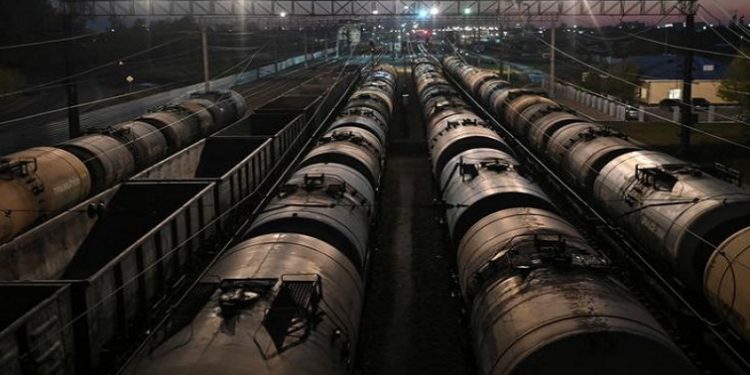Oil futures saw a significant rebound on Wednesday, rising more than $1 a barrel from seven-week lows. This uptick followed the assassination of Hamas leader Ismail Haniyeh in Iran, an event that has escalated tensions in the already volatile Middle East. Despite the rebound, concerns about weak demand from China continue to exert pressure on prices.
Brent crude futures increased by $1.17, or 1.5%, to reach $79.80 a barrel by 0346 GMT, just before Wednesday’s expiry. The more actively traded October contract saw a rise of $1.11, bringing it to $79.18 a barrel. Similarly, U.S. West Texas Intermediate (WTI) crude futures climbed by $1.15, or 1.5%, to $75.88 a barrel. This recovery comes after both Brent and WTI experienced a 1.4% drop on Tuesday, closing at their lowest levels in seven weeks.
Escalating Middle East Tensions
The spike in oil prices was triggered by reports from Palestinian militant group Hamas and Iranian state media, which confirmed the assassination of Hamas chief Ismail Haniyeh in Iran. This assassination has intensified tensions in the Middle East, following closely on the heels of an Israeli airstrike that killed Hezbollah’s most senior commander in Beirut on Tuesday. The airstrike was a response to a cross-border rocket attack on Israel that occurred on Saturday.
The volatile situation in the Middle East is a significant factor influencing the oil market, as the region is crucial for global oil supplies. Any escalation in conflict can disrupt supply lines and impact oil prices. However, ongoing concerns about weak demand from China, the world’s largest oil importer, are keeping prices from rising further. China’s economic slowdown and reduced industrial activity have led to a decrease in its oil consumption, affecting global oil demand.
Analyst Insights
Analysts suggest that while geopolitical tensions can cause short-term spikes in oil prices, the broader market trend will be influenced by global demand dynamics, particularly from key consumers like China. “The market is reacting to the immediate geopolitical risks, but underlying demand concerns, especially from China, are still weighing heavily on prices,” said a market analyst from JP Morgan.
As the situation in the Middle East develops, the oil market will likely continue to experience volatility. Traders and investors will be closely monitoring geopolitical events and economic indicators from major economies to gauge the future direction of oil prices. The interplay between supply risks due to geopolitical tensions and demand concerns from economic slowdowns will be critical in shaping the oil market’s trajectory in the coming weeks.















